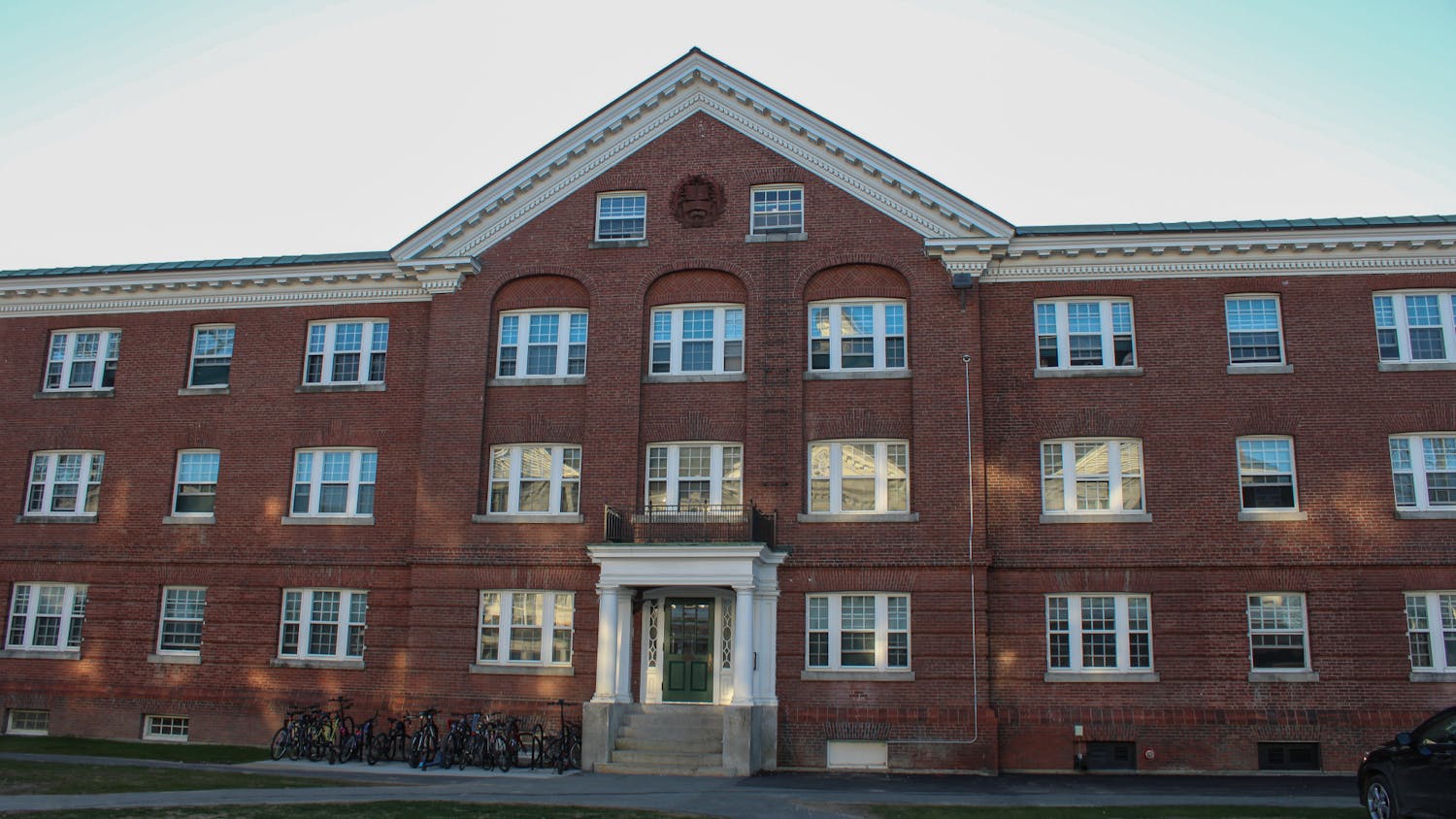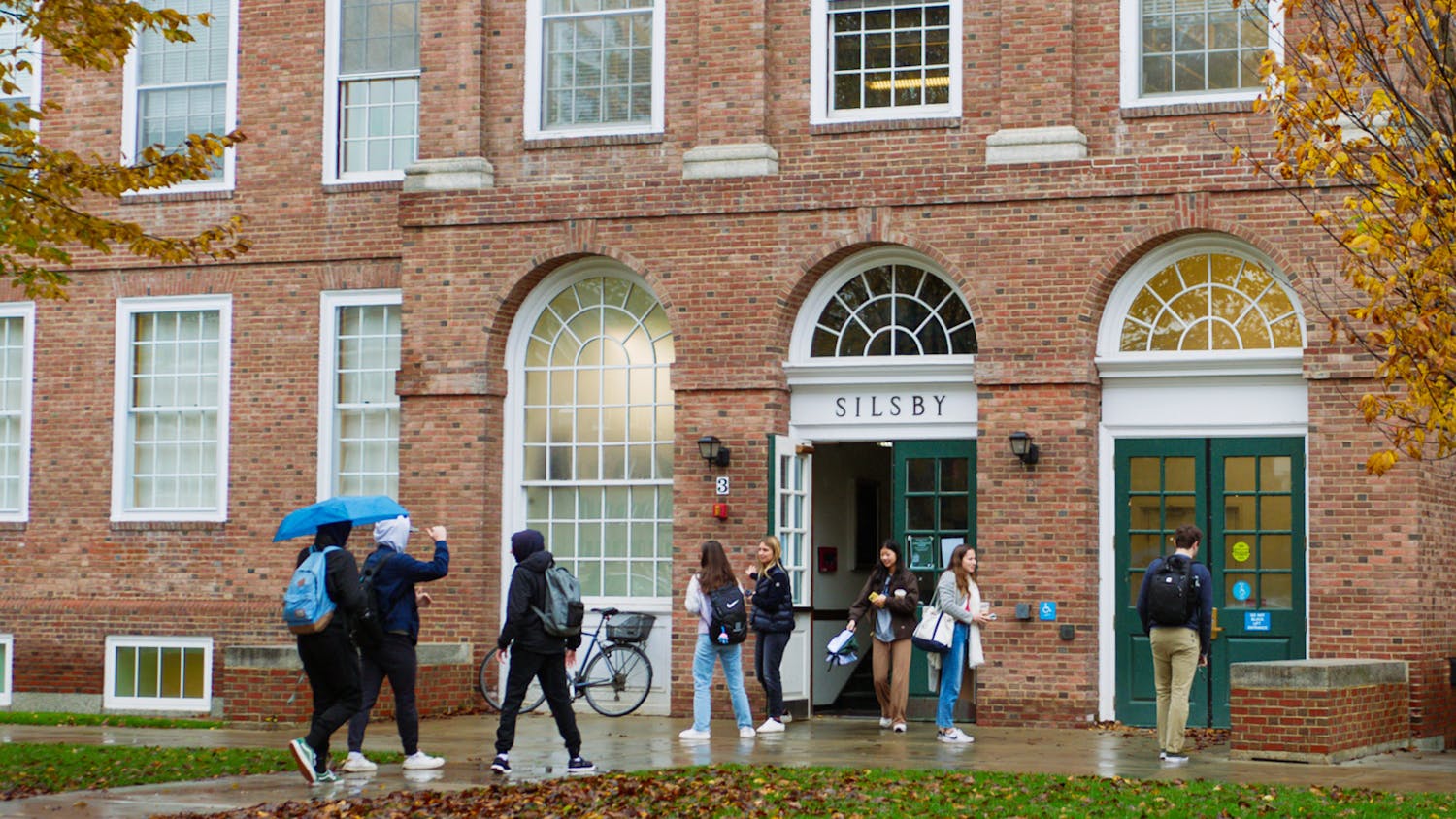I go to the library almost every day. Whether I am attending class, looking for a book or sleeping in a couch at Sanborn Library, I always find a reason to go. In my many hours within these walls, my thoughts are usually focused specifically on my own work. I am never concerned about the library's inner workings, and its operating procedures usually pass me by unnoticed.
I don't think that many Dartmouth students put much thought into the day-to-day machinations of the library, either. We do not concern ourselves with how all the information, books and digital resources are acquired, catalogued and preserved. In particular, many of us do not understand how the library is run. If you had asked me last week, I would have not been able to tell you anything about the library or our school's dean of libraries. I would not have known we had a dean of libraries. But Horrell has been here for eight years to the week, in addition to a five-year stint as head of Sherman Art Library in the early 1980s. In order to get a better understanding of the man behind the curtain that I was about to meet, I scanned Dartmouth's website and unearthed the following job description: the dean oversees the eight libraries that make up Dartmouth's library system, supporting education and research, managing and delivering information and partnering to develop and spread new scholarship.
I was still confused. What would supporting "excellence and innovation" in education and research even mean? Horrell explained to me that it is his job, with the help of 165 other staff members, to oversee and coordinate all of the programs and services our libraries have to offer.
"All of the libraries report up through my position," he said. "A lot of our system is seamless and the users don't see that."
All of the College's libraries are linked in one system to create consistency that is more accessible to the users. I never considered what it would be like if the libraries were not in sync. Imagine the challenges if you had to contact multiple people in order to acquire a book for class.
Horrell said the most challenging part of the job is dealing with changes in technology. The library system is continually evolving and, at one point, Baker-Berry Library was full of wooden cabinets that had thousands of three-by-five catalogue cards that correlated to a location in the stacks. This system has since been replaced with an open study area in Baker corridor. With the changes in technology, the library must manage and acquire all new digital information, Horrell said. Staff must decide which websites they should subscribe to and which others to end.
Another part of the job is implementing strategic planning, Horrell said. For the past year, the library staff has continually explored options to improve its service to students and faculty. With the upcoming 250th anniversary of the library in 2019, the library staff is brainstorming what they can do to move forward and stay up-to-date.
Horrell has had plenty of experience working in libraries. Following his time at Sherman, he moved to Syracuse University's, where he had received his masters in philosophy and PhD. He moved to Boston in 1992 to work at Harvard University for 14 years, where he eventually became the associate librarian for collections.
Despite his long stay in Cambridge, Mass., Horrell said he had always felt a connection to Dartmouth.
"I told my colleagues at Harvard there was only one place I would leave Harvard for and that place was Dartmouth," he said.
And that's exactly what he did. Horrell packed up his bags and moved back to the chilly, book-filled landscape of Hanover.
"Every day is a gift to be working here," Horrell said.
Horrell said Dartmouth is the perfect size for his line of work. He loves that the College is large enough to be interesting yet small enough to get things done and to see results. Horrell called Dartmouth a leader in technology, innovation and teaching and said that students here are incredibly fortunate in their access to educational resources.
Horrell's experience has given him empathy for students who study and explore in the library. He knows what students need and what challenges they face on a daily basis and he is incredibly approachable and, especially for a young reporter writing her first story. Not to mention, he has a very cool office. In addition to the books and memorabilia, there is a sculpture by Roger Anderson '68 entitled "The Poet" on a table next to his desk. I'm not very good at describing art, so I'm just going to encourage you to stop by his office and check out the sculpture and our resident library expert yourself.
After meeting Horrell, I realized how little I know about the library the place that I frequent the most on campus after my dorm room. It's spacious, stocked to capacity with information and (apparently) staffed by people who love providing access to knowledge.
My next visit to Sanborn will definitely remind me that it took work to fill those nooks and crannies with books, and that it's more than just a place for a nap on a sunny afternoon.




